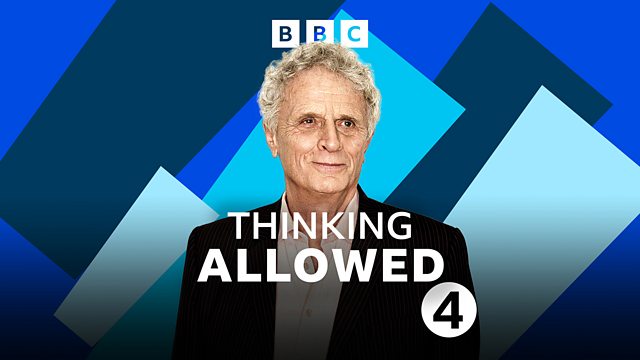Mass Collaboration - Free Trade
Laurie Taylor explores the phenomenon 'We-Think' with Charles Leadbeater to explain how people think, play, work and create, together, en masse, in the real world and online.
MASS COLLABORATION
In late July 2004 the closing frames of cinema advertisements for Halo 2, the sci-fi computer game, a website address – www.ilovebees.com – flickered across the screen. Over the following few days Halo fans and others intrigued by the address visited the website, which appeared to belong to an amateur bee-keeper called Margaret, who had gone missing. Her honey-based recipes had been replaced by 210 global positioning system co-ordinates. In the ensuing four months in an act of mass collaboration 600,000 individuals came together and set out to solve the mystery surrounding Margaret’s disappearance using blogs, bulletin boards, websites and instant messaging groups. Laurie Taylor is joined by the writer Charles Leadbeater to discuss this phenomenon, which he called We-Think and to explain how it could come to dominate the way in which people think, play, work and create, together, en masse, in the real world - not just online.
FREE TRADE
Professor Frank Trentmann, author of Free Trade Nation and Peter Cain, Research Professor in History at Sheffield Hallam University debate the part that ‘free trade’ has played in development of the British national psyche.
Last on
More episodes
Broadcasts
- Wed 5 Mar 2008 16:00������̳ Radio 4
- Mon 10 Mar 2008 00:15������̳ Radio 4
Explore further with The Open University
������̳ Thinking Allowed is produced in partnership with The Open University
Download this programme
Subscribe to this programme or download individual episodes.
Podcast
-
![]()
Thinking Allowed
New research on how society works


